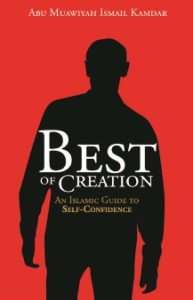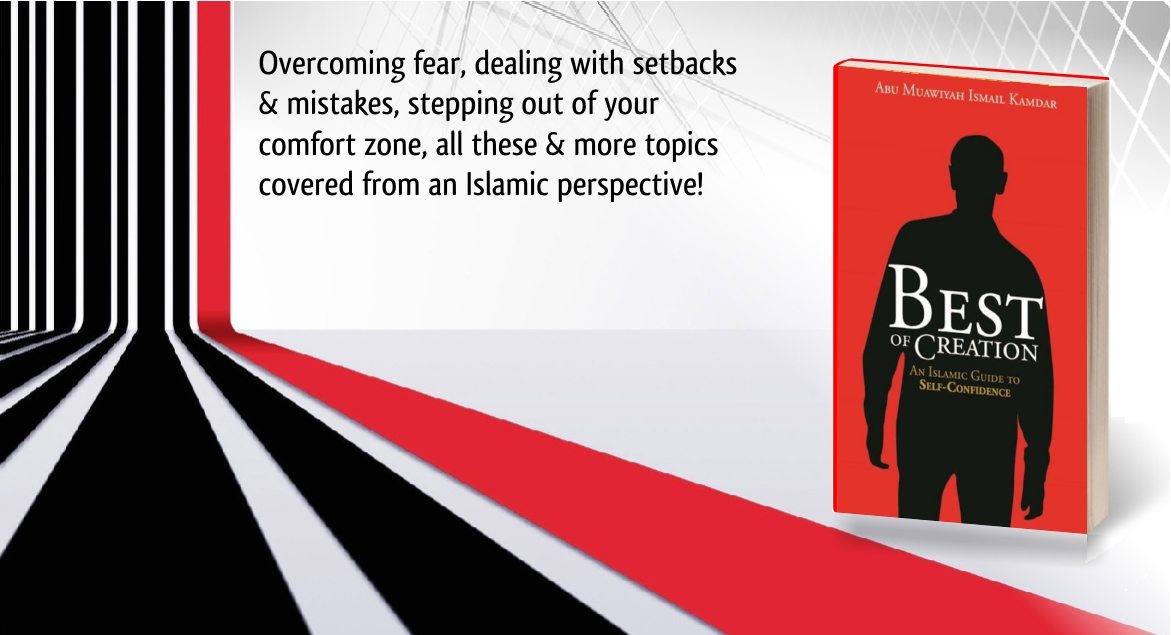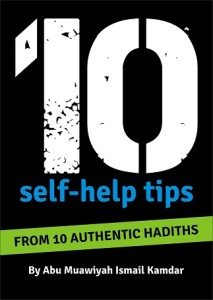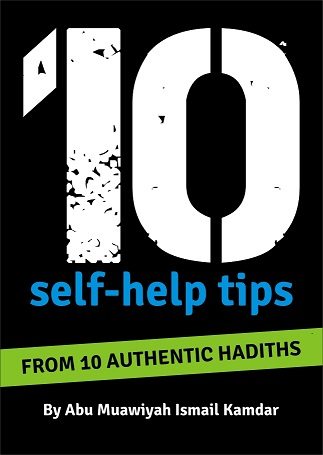Adversity – Life is a Test
Allah created this world to test us. This test separates the people of Paradise from the people of Hellfire. As a result, we should all be ready to be tested in different ways. Sometimes we are tested with success and sometimes we are tested with adversity. To help you deal with the latter, here are 25 Islamic Quotes to remember when dealing with adversity.
25 Islamic Quotes about adversity
10 Quotes from Quran:
- “Then Indeed, with difficulty there is ease. Indeed, with difficulty, there is ease,” (Surah Al-Inshiraa 94:5-6)
- “Verily, We shall test you with some fear, and hunger, and with some loss of wealth, lives, and offspring. So give good news to those who are patient. Those who say, when inflicted by hardship, ‘Verily to Allah we belong, and verily to Him shall we return,’ Upon them is the blessings of Allah and His mercy. And they are the rightly guided.”(Surah Al-Baqarah 2:155-157)
- “Verily, We created man from a drop of mingled sperm so that We may test him; and We granted him the ability to listen and observe. We have indeed shown him the way, so he (may choose to) be grateful or ungrateful.” (Surah Ad-Dahr 76:2-3)
- “And when the believers saw the Confederates, they said: ‘This is what Allah and His Messenger had promised us, and Allah and His Messenger had spoken the truth,’ and it only increased their faith and submission.” (Surah Ahzaab 33:22)
- “Verily, We have made whatever is on the earth beautiful for it, so thatWe may test them as to which of them are best in deeds.” (Surah al-Kahf 18:7)
- “Allah does not test a soul with more than it can handle. For it is what it has earned and against it is what it has earned. Our Lord, do not hold us accountable when we forget or make mistakes. Our lord, do not place on us such burdens like how you placed those before us. Our Lord, do not make us bear that which is beyond our abilities. Overlook us, Forgive us, and have mercy on us. You are our Lord, so assist us against the disbelieving people,” (Surah Al-Baqarah 2:185)
- “And whoever fears Allah, He will make for him a way out. And will provide for him from where he does not expect. And whoever relies on Allah, then He is sufficient for him. Indeed, Allah will accomplish His purpose.” (Surah At-Talaaq 65:2-3)
- “Your Lord has not forsaken you, nor is He displeased. Definitely, what is to come is better than what has passed. Soon your Lord will grant you, and you will be pleased. (Surah Ad-Duha 93:3-5)
- “Oh soul in a state of inner peace. Return to your Lord, pleased and pleasing. So enter among my worshipers, and enter my Paradise,” (Surah Al-Fajr 89:27-30)
- “And those who had Taqwa of their Lord will be led to Paradise in groups. Until, when they reach it, its doors will be (already) open, and its guards will say: ‘Peace be upon you! You have done well! So enter it forever!'” (Surah Az-Zumar 39:73)
10 Quotes from Hadith:
- “Amazing is the affair of the believer. Definitely, all of his life is good and this is not for anybody except the believer. If something of good happens to him, he is grateful and that is good for him. If something harmful befalls him, he is patient and that is good for him.” (Saheeh Muslim)
- “I am as My servant thinks of Me. I am with him when he remembers Me. If he mentions Me within himself, I mention him within Myself. If he mentions Me in an assembly, I mention him in a better assembly. If he comes near to Me a hand-span, I come near to him the distance of a cubit. If he comes near to Me the distance of a cubit, I come near to him the distance of two outspread arms. If he comes to Me walking, I come to him running.” (Sahih Al-Bukhari and Sahih Muslim)
- “Be in this world like a stranger or a traveler passing by.” (Saheeh Bukhari)
- “Young man, I will teach you some words. Be mindful of God, and He will take care of you. Be mindful of Him, and you shall find Him at your side. If you ask, ask of God. If you need help, seek it from God. Know that if the whole world were to gather together in order to help you, they would not be able to help you except if God had written so. And if the whole world were to gather together in order to harm you, they would not harm you except if God had written so. The pens have been lifted, and the pages are dry.” (Sunan At-Tirmidhi)
- “Allah the Almighty has said: ‘O Son of Adam, as long as you invoke Me and ask of Me, I shall forgive you for what you have done, and I shall not mind. O Son of Adam, were your sins to reach the clouds of the sky and you then asked forgiveness from Me, I would forgive you. O Son of Adam, were you to come to Me with sins nearly as great as the Earth, and were you then to face Me, ascribing no partner to Me, I would bring you forgiveness nearly as great as it [too].” (Sunan At-Tirmidhi)
- “Verily Allah has pardoned for me my ummah: their mistakes, their forgetfulness, and that which they have been forced to do under duress.” (Ibn Majah)
- “(The most severely tested people) are the prophets, then those closest to them in piety, then those closest to them in piety. A man is tried according to his religion. If he is firm in his religion, then his trials will be more severe. If he is weak in his religion, then he is tried according to his strength in religion. The servant will continue to be tried until he is left walking upon the earth without any sin.” (Sunan At-Tirmidhi)
- “Verily, Allah has one hundred portions of mercy. From one portion the creation has been given mercy between themselves and ninety nine portions are reserved for the Day of Resurrection.” (Saheeh Muslim)
- “When Allah decreed the creation, he wrote in his Book with him on his Throne: My mercy prevails over my wrath.” (Saheeh Bukhari)
- “Our Lord descends to the heaven on the last third of every night, and he says: Who is calling upon me that I may answer him? Who is asking from me that I may give him? Who is seeking my forgiveness that I may forgive him?” (Saheeh Bukhari)
5 Quotes from the Salaf:
- “He whom Allah has predestined to enter Paradise, the reasons which will cause his entrance shall spring from calamities. And he whom Allah has predestined to enter the Hellfire, the reasons which will cause his entrance shall spring from lusts.” (Ibn Al-Qayyim)
- “A calamity that makes you turn to Allah is better for you then a blessing which makes you forget the remembrance of Allah” (Ibn Taymiyah)
- “There is a blessing in calamity that the wise man should not ignore, for it erases sins, gives one the opportunity to attain the reward for patience, dispels negligence, reminds one of blessings at the time of health, calls one to repent and encourages one to give charity. ” (Al-Fadl Ibn Saleh)
- Imam Shafi’ee was asked: “What’s better for the believer, to be tested, or to be given power (to do good)?” He said: “And how can one be given power for good without first being tested? Allah tested Yusuf, peace be upon him, then He gave him power.”(Imam Shafi’ee)
- “The soul will never become pious and purified except through undergoing afflictions. It is the same as gold that can never be pure except after removing all the base metals in it.” (Ibn Al-Qayyim)
May Allah grant us all patience at times of difficulty, and gratitude at times of ease.
Learn more about overcoming fear and dealing with difficulties in our eBook ‘Best of Creation‘






